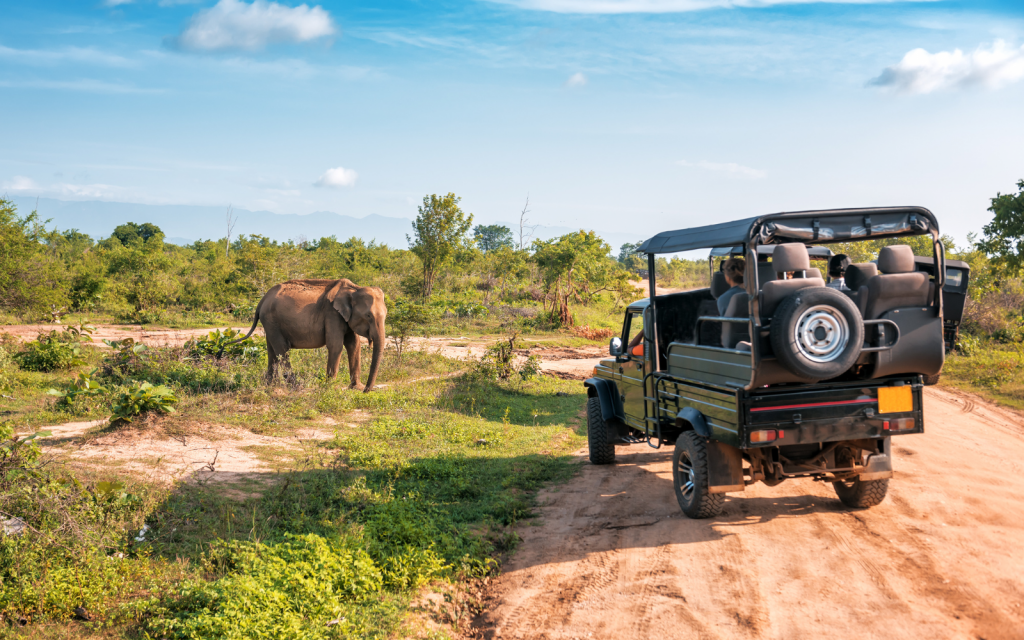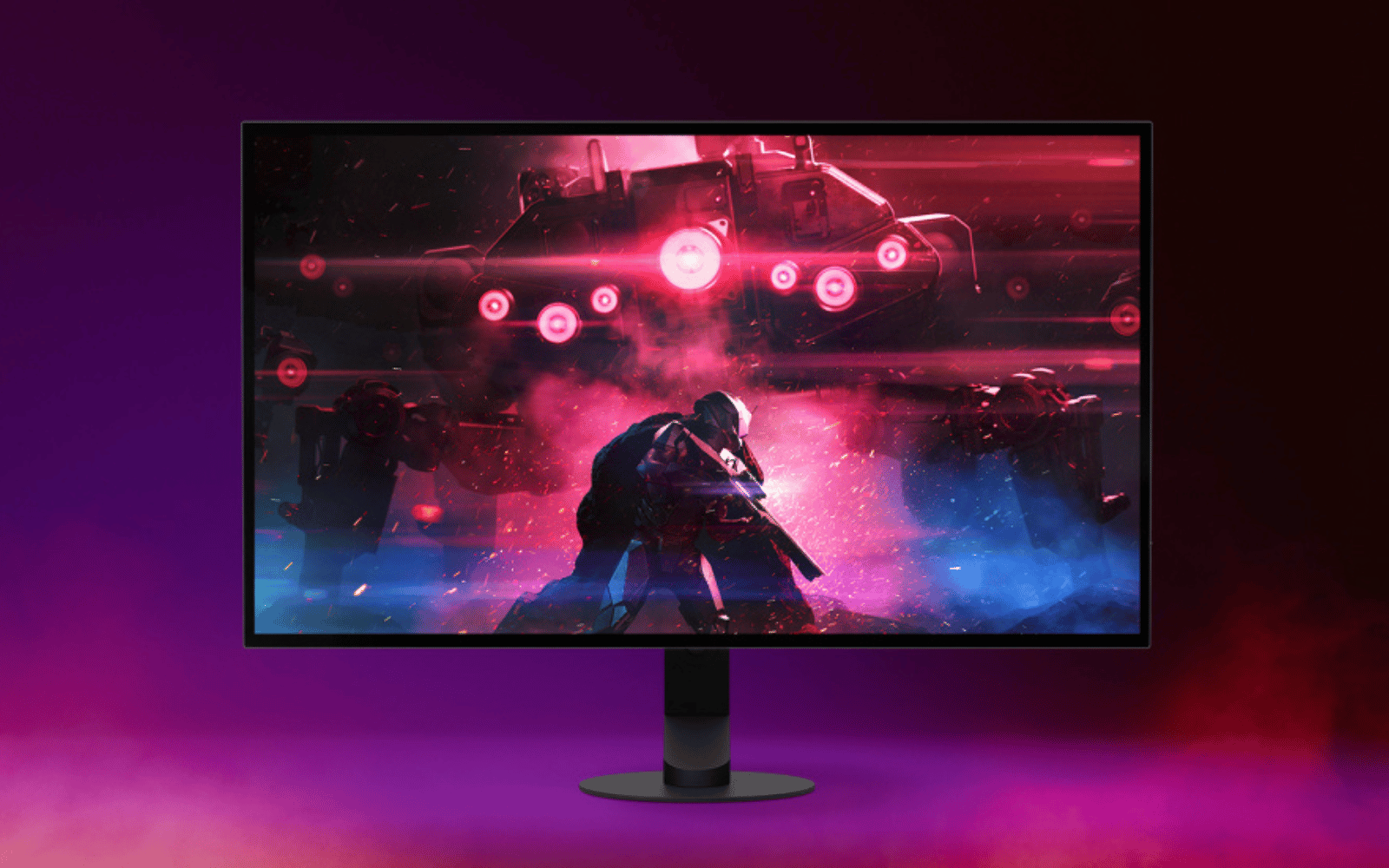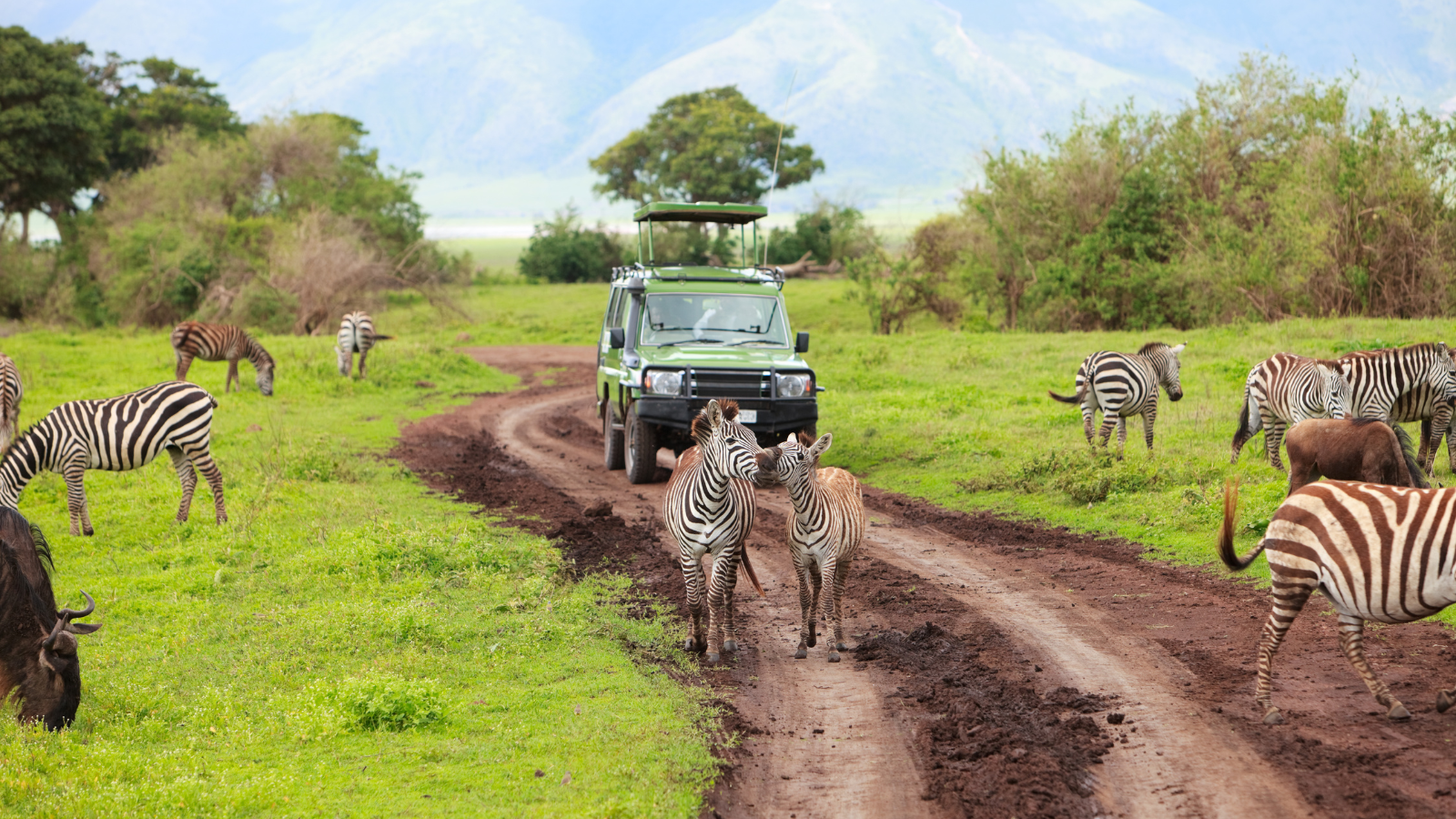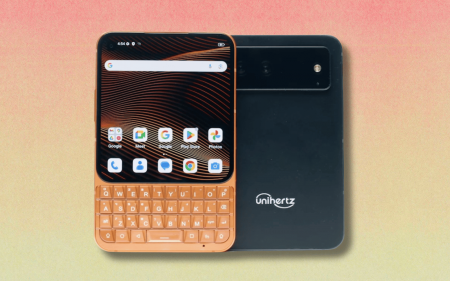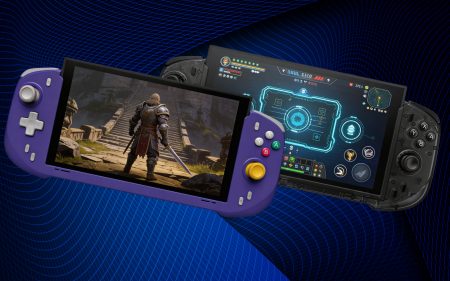Amazon rekindles your love of reading with a new e-reader
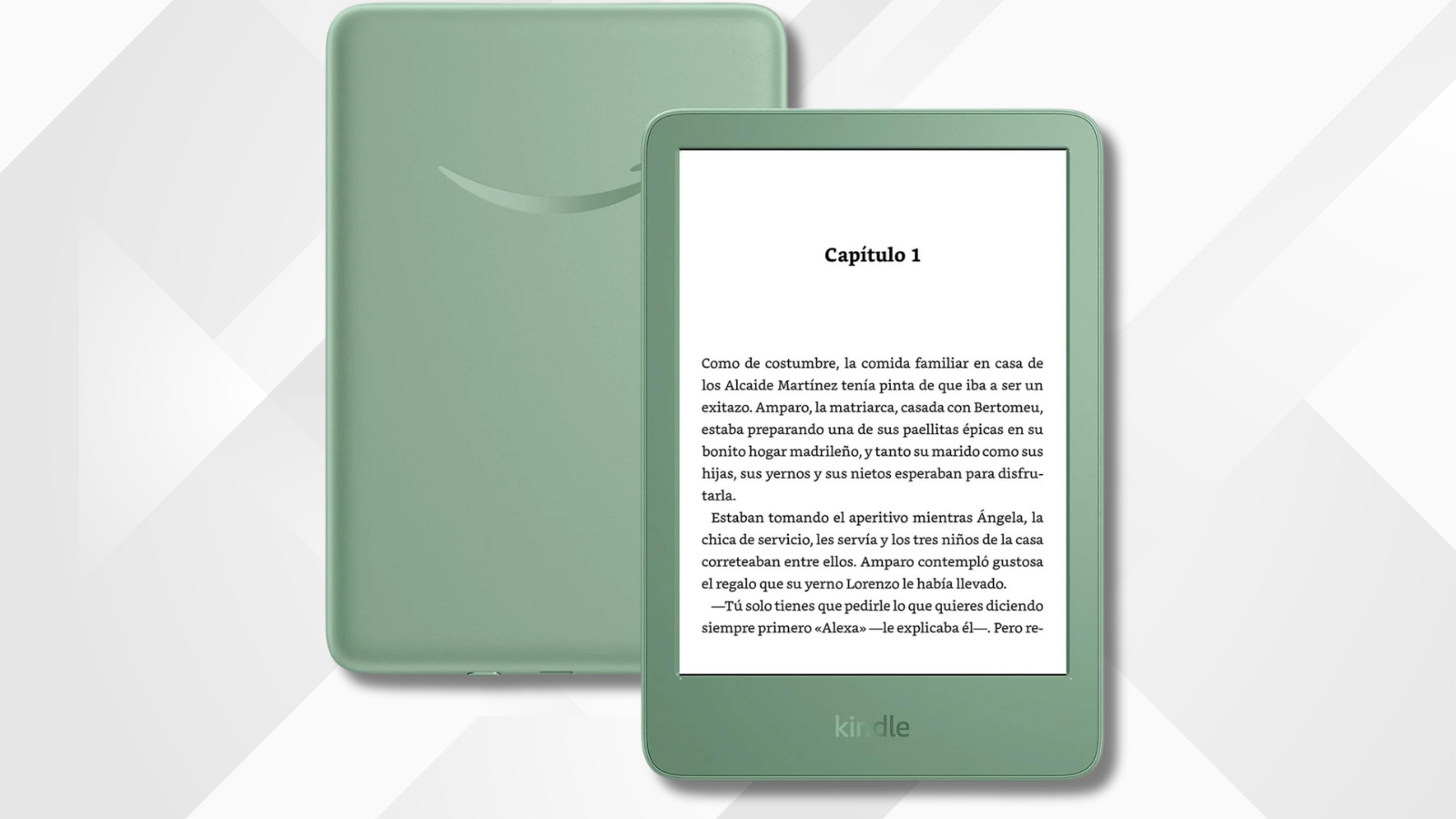
A new Kindle e-reader is waiting in the wings, and it’s about time, too. Amazon rode the coattails of its latest entry-level Kindle for the past two years, but it looks like the game is finally up. Dwindling stocks of the e-reader around the world have forced the retail giant to finally cook up a new Kindle, possibly out tomorrow.
That’s according to a Spanish retailer (first spotted by Good e-Reader) which accidentally posted a listing last week featuring the new e-reader, complete with a half-decent list of specs we have no trouble believing Amazon will let stew for another two or three years. That’s a 6in, 300ppi display with improved contrast and 25% brighter than the model it’s replacing.
There’s unfortunately no word on whether the E Ink Carta 1200 screen that’s currently lodged in the 11th Gen Kindle will make it into the 2024 model, though the Spanish retailer mentioned it would include faster page turning and a fresh dark mark which does at least confirm some small upgrade is coming in that department.
Finally, there’s 16GB of storage, Bluetooth 5.1, Wi-Fi, and the holy grail of ports: USB-C. It’s said to have an 8-week-long battery life, and sheds 4g of weight over the previous model, weighing in at 154g. Expect a release tomorrow, 1 October, though South Africa may have to wait until Amazon gets its local store up to scratch.
Sony adds two monitors to Inzone gaming range
Sony recently expanded its Inzone range of gaming gear with the brand-new M10S OLED and updated M9 II 4K HDR monitors. The M10S comes in at 27in and uses a 1440p OLED panel to deliver perfect black levels and an effectively infinite contrast ratio to any content you throw at it. It boasts 98.5% coverage of the DCI-P3 wide colour gamut and 10-bit gradation, so colour banding shouldn’t be an issue.
It should also benefit from almost instant response times since every pixel is powered individually. Combine that with the panel’s 480Hz refresh rate and the result should make this one of the fastest OLED gaming monitors around with a pristine, crisp picture and no discernable visual artefacts.
Sony partnered with Fnatic, a Swedish esports organisation, to fine-tune the M10S’s “performance-enhancing modes.” Those include a 24.5in mode which will display games “at a 1:1 resolution of 1332p with up to 480Hz refresh rate.” In this mode, the position of the black-bordered game window can be centred or moved to the bottom of the screen.
Along with the M10S, Sony has updated the M9 Inzone monitor, which it launched in 2022. The new M9 II features a similar 27in 4K IPS panel with 96 local dimming zones but increases the refresh rate to 160Hz and adds backlight scanning technology to further enhance motion clarity.
Both the M10S and M9 II should be available in December. Although there’s no word on local pricing just yet, the M10S goes for $1,100 in the US (R18,840) but expect it to cost more when it gets here.
Uber’s getting into the game drive business, and it isn’t cheap
Have you ever wanted to go on a game drive and pay more than you might elsewhere? You’re in luck – Uber South Africa has officially launched Uber Safari, a ridesharing experience that does exactly what it says on the tin. It falls under the platform’s ‘Go Anywhere’ campaign, and will only be available in Cape Town, running from 1 October 2024, until 1 February 2025.
“Uber Safari is the perfect day trip for people in Cape Town looking to see the big five (lions, elephants, buffalos, leopards, and rhinos). In partnership with Aquila Private Game Reserve, one of South Africa’s most popular wildlife conservancies, riders will have the chance to book an affordable, luxurious and seamless safari,” Uber said in a release.
This is, however, a three-hour tour that can accommodate up to four guests, making the $200 (R3,400) flat fee a little easier to swallow. Lunch will be served upon arrival to Aquila, after which you’ll be taken out on a game drive in a traditional safari vehicle, accompanied by field guides and rangers, where you’ll have a good chance of spotting the Big 5 (among other animals) – before returning to Cape Town.
Uber Safari is only available to residents in Cape Town and runs on Fridays and Saturdays.
SpaceX to the rescue
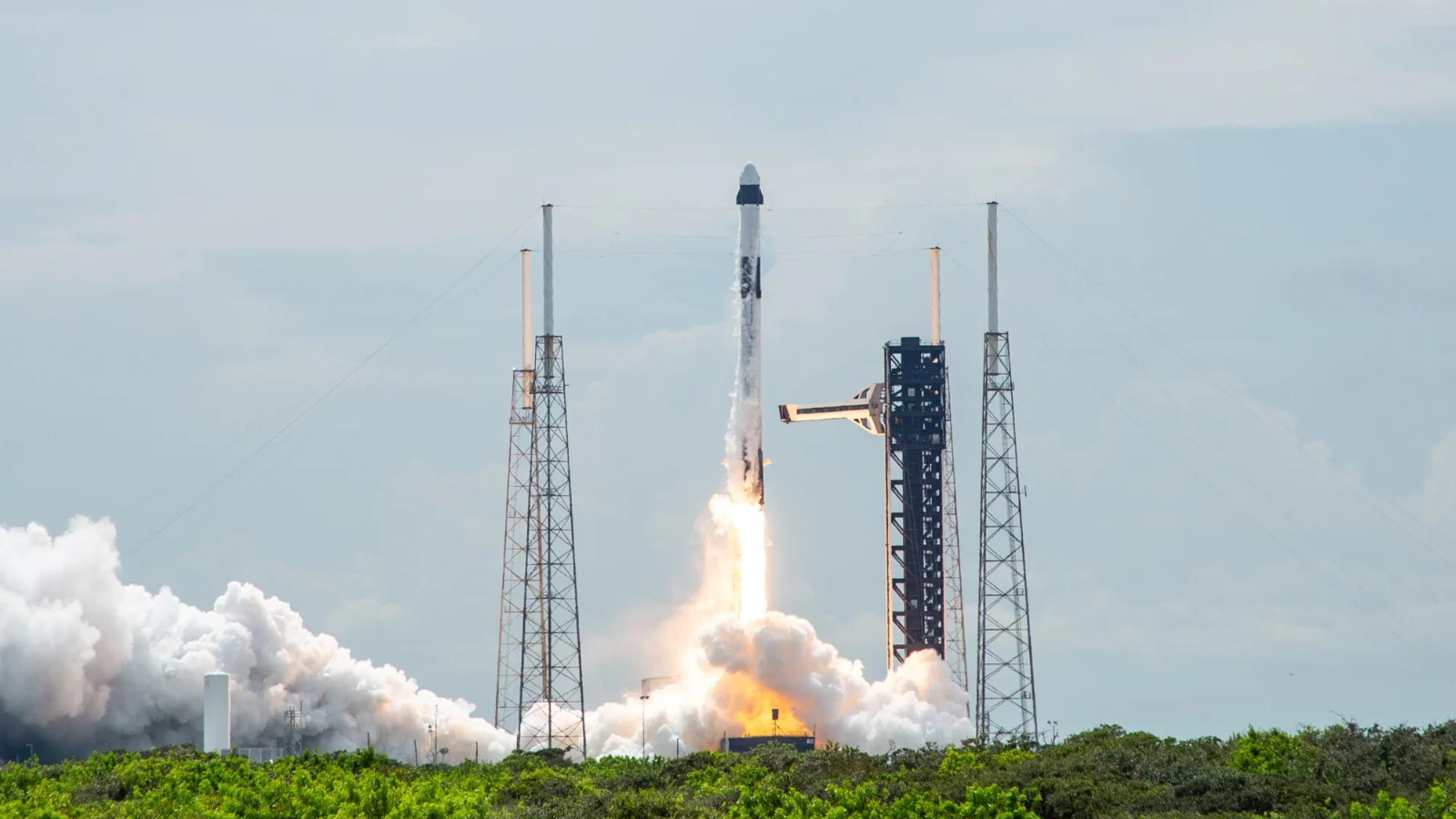
SpaceX has officially sent up a Crew Dragon capsule, attached to a Falcon 9 rocket, to the ISS. Normally, that wouldn’t be big news – SpaceX has proven itself a worthy player in the industry for years now, and that hasn’t changed here. Both astronauts aboard, Nick Hague of NASA and Aleksandr Gorbunov of ROSCOSMOS launched from Cape Canaveral Space Force Station to the ISS on Saturday, with no issues to report.
So, why are we telling you this? Well, usually when SpaceX sends up a Crew Dragon, it’s carrying four astronauts with it, not two. This departure from tradition for Musk’s space company is in part due to Boeing’s failures earlier this year, which saw two astronauts test the Starliner’s human-carrying abilities, before sticking around on the ISS a little longer than expected due to safety concerns with the capsule.
While Starliner returned to Earth without its crew, Starliner astronauts Butch Wilmore and Suni Williams will return in the Crew Dragon’s two empty seats when the capsule departs the ISS – which is expected to take place in February 2025.
“Our NASA wizards and our commercial and international partners have shown once again the success that comes from working together and adapting to changing circumstances without sacrificing the safe and professional operations of the International Space Station,” said NASA Administrator Bill Nelson.

